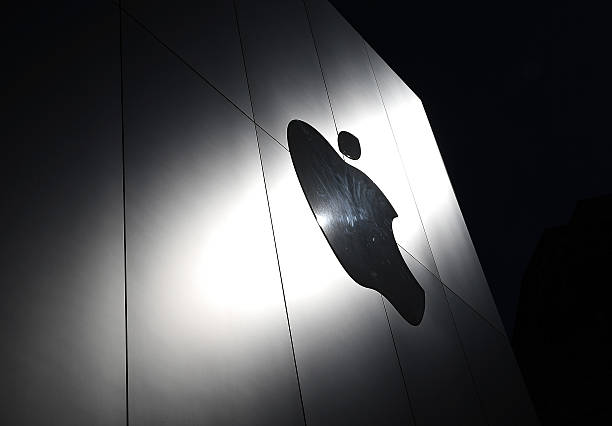Apple has now granted permission for complete versions of Chrome and Firefox to operate on the iPhone
In iOS 17.4, Apple is implementing significant changes to its mobile operating system to comply with new EU regulations. The key points include:
- Alternative Browser Engines in the EU:
- Apple will allow alternative browser engines for the first time on iOS, but this change is exclusive to users in the EU.
- Historical WebKit Restriction:
- Previously, all browsers on iOS were required to use the WebKit engine, limiting functionality and compatibility with various features and extensions.
- Engine Authorization Process:
- Developers can now use non-WebKit engines after obtaining authorization from Apple. This involves meeting specific criteria and committing to ongoing privacy and security measures.
- Enhanced Features:
- Once authorized, developers gain access to features such as Passkeys and multiprocessing, improving the overall browser experience.
- Choice Screen in Safari:
- Apple is introducing a new choice screen in Safari, allowing users to select a different default browser when launching the app.
- Compliance with EU’s Digital Markets Act (DMA):
- Apple’s move is a response to the DMA, which mandates that users in the EU have the right to uninstall preinstalled apps, including web browsers, that guide them toward the gatekeeper’s products and services.
- Apple’s Displeasure with DMA:
- Apple expresses dissatisfaction with the DMA’s requirements in its release, emphasizing that the changes are a result of regulatory mandates and highlighting potential interruptions for EU users.
- Geographic Limitation:
- These alterations are specifically for iPhone users in the EU, ensuring compliance with the DMA. Apple will verify user accounts to ensure that only EU residents receive the new browser engines.
- Security and Performance Argument:
- Apple contends that non-WebKit engines pose security and performance risks, asserting that WebKit is optimized and safe for iPhone users. However, this argument is not substantiated.
- Impending Browser War in the EU:
- With these changes, EU users are expected to witness a competitive browser landscape on iPhones. Google, among others, is actively developing a non-WebKit version of Chrome, anticipating its availability on the App Store after the iOS 17.4 release in March

In response to new regulations in the EU, Apple is implementing significant changes to its mobile operating system with the release of iOS 17.4. A notable shift is the allowance of alternative browser engines on iOS, marking the first time Apple is permitting this, but exclusively for users within the EU.
Traditionally, since the inception of the App Store, Apple permitted various browsers but mandated the use of its WebKit engine. WebKit serves as the underlying technology for Safari, but in contrast, there are other engines in the market, such as Chromium for Google’s Chrome and Gecko for Mozilla’s Firefox.
However, on iOS, all browsers were compelled to operate on WebKit, resulting in compatibility issues with certain features and extensions. With iOS 17.4, developers can now opt for a non-WebKit engine for building browsers or in-app browsers, subject to Apple’s authorization based on specific criteria, privacy commitments, and security measures. This change unlocks features like Passkeys and multiprocessing. Additionally, Apple is introducing a new choice screen in Safari, allowing users to select a different default browser upon the browser’s initial launch.
Apple’s compliance with these changes is attributed to the EU’s Digital Markets Act (DMA), which mandates the ability for users to uninstall preinstalled apps, including web browsers, that direct them towards the gatekeeper’s products and services. In this context, iOS acts as the gatekeeper, and WebKit and Safari represent Apple’s offerings.
Apple, in its announcement, conveys a sense of displeasure with the imposed alterations, attributing them to the DMA’s requirements. The company notes that EU users will now encounter a list of default browsers before fully understanding their options, impacting the initial Safari experience for EU users.
These modifications are exclusive to iPhone users in the EU, allowing European users to travel without disrupting their browser engine settings. However, Apple ensures that only accounts linked to EU residents will gain access to the new engines. Apple contends, without substantial evidence, that alternative engines pose security and performance risks, asserting that WebKit is the only optimized and safe option for iPhone users.
For the rest of the world, iOS users will continue to experience browsers powered by WebKit. Nevertheless, the EU is anticipated to witness an intensified browser competition as revamped non-WebKit browsers, such as Google’s Chrome, are expected to enter the App Store shortly after the release of iOS 17.4 in March.
